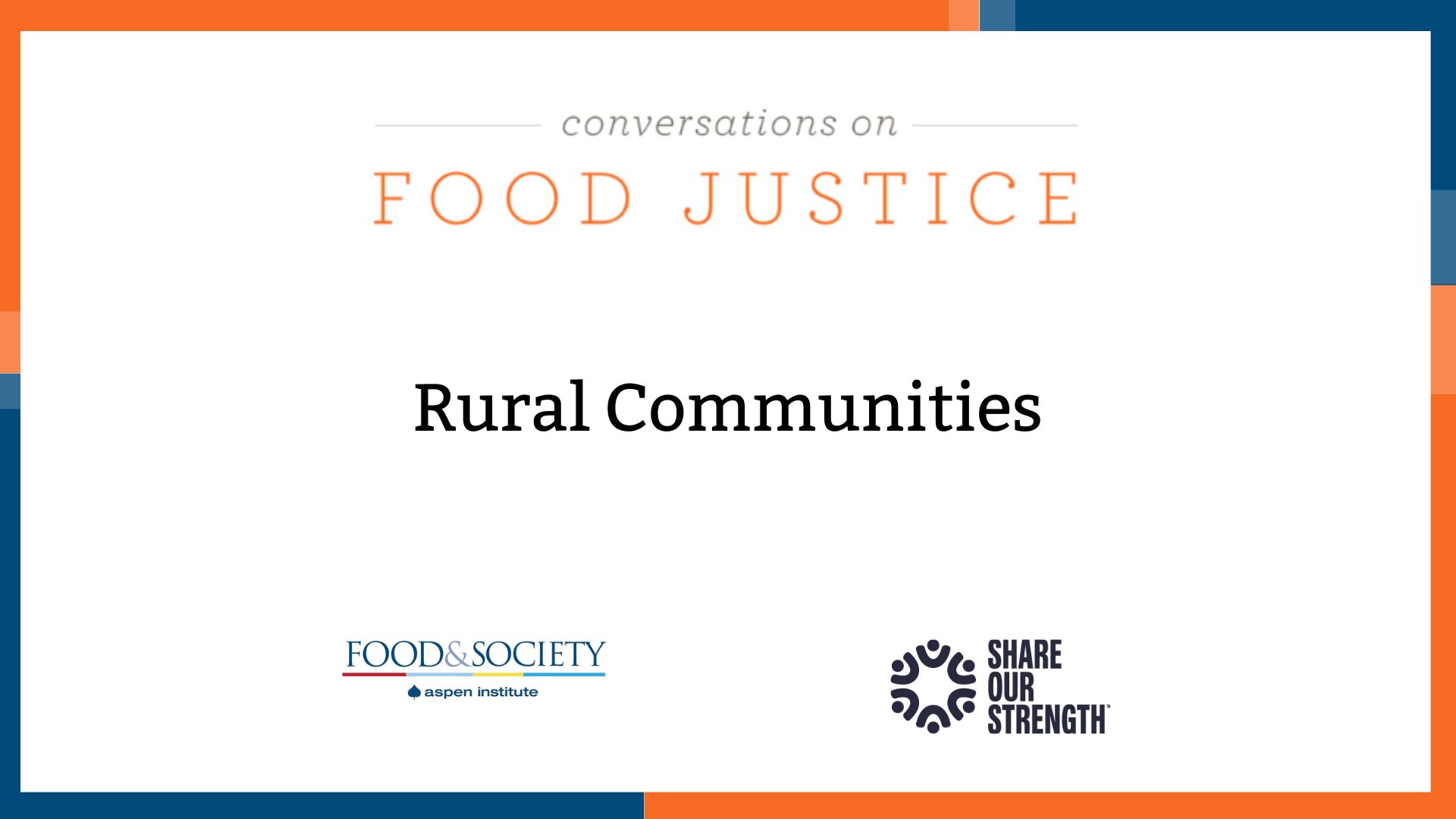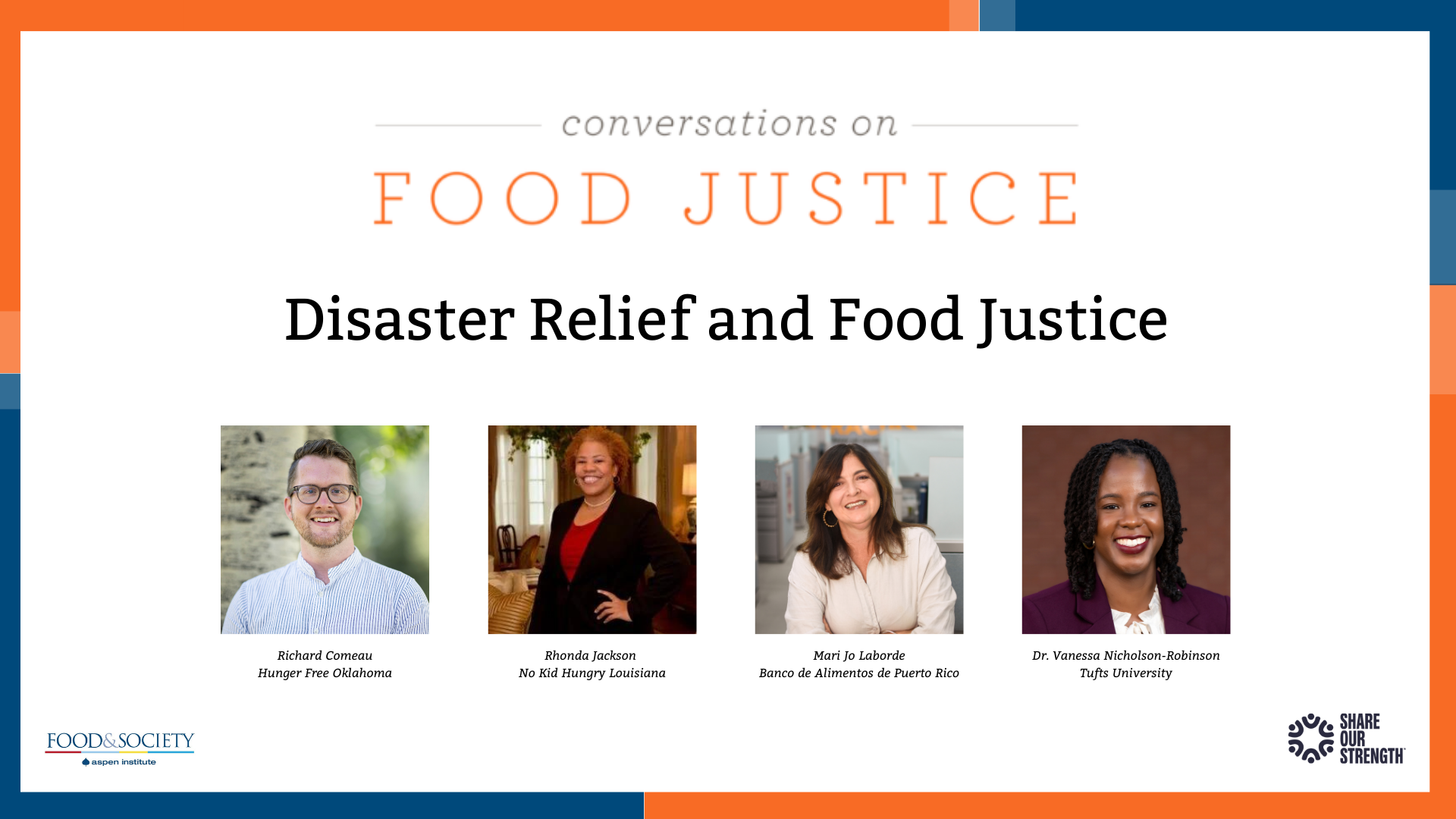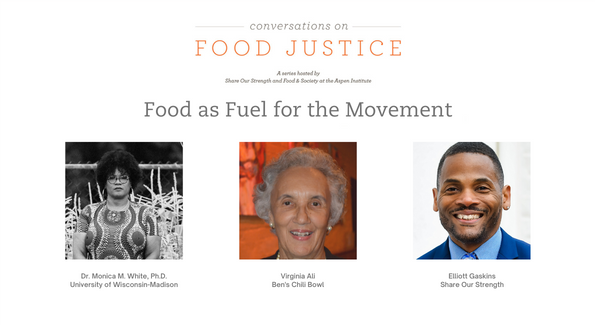The impact of structural racism on the wealth and economic opportunities afforded to Black families is staggering. For Black farmers, a long history of discrimination and unjust agricultural practices—from the unequal administration of government farm support programs and policies aimed at bolstering large-scale agriculture, to discriminatory lending practices that keep farmers from accessing capital—have decimated opportunities for prosperity and cost families their land, livelihoods, and agency. In this conversation, we’ll uncover the barriers to entry that make it difficult for Black farms to thrive. We’ll also explore the ways that farmers and activists are turning the tide to build resilient agricultural communities.
Panelist Bios:
June and Angie Provost, Provost Farm
June and Angie Provost are esteemed multigenerational sugarcane farmers situated in the enchanting, marshy landscapes of South Louisiana. This accomplished Black farming couple, recognized for their successes and resilience, has emerged as fervent advocates for farmers. Their journey, marked by triumphs and challenges, has propelled them into activism, particularly in championing the rights of socially disadvantaged groups frequently victimized by unjust practices, resulting in a cycle of debt peonage and the disintegration of communities. The Provosts are dedicated to fostering a fair and equitable agricultural landscape for all, striving to create a future where exploitation gives way to empowerment.
Ebony Woodruff, Director of the Agricultural Law Institute for Underrepresented and Underserved Communities, Southern University Law Center
Ebony Woodruff is a first-generation attorney, legal entrepreneur, and a former legislator. She is the first woman elected to represent District 87 in the Louisiana House of Representatives. During her tenure in the legislature, she developed a passion for agricultural and food policy Currently, Ebony is the Director of the Southern University Law Center Agricultural Law Institute for Underserved and Underrepresented Communities. She is a 2023 Aspen Institute Food Leaders Fellow. In addition, she serves on the Board of Directors for the New Orleans Food Policy Action Council and Provost Farm Heritage Center and Community Garden, Inc. Ebony earned a Master of Laws in Agricultural and Food Law from the University of Arkansas School of Law, a Juris Doctor from the Southern University Law Center, and a Bachelor of Science in Business Administration from Louisiana State University. Ebony was born and raised in New Orleans, Louisiana. She is a Certified Agricultural Mediator, Louisiana Master Gardener, an herbalist apprentice, genealogist, and budding seamstress. In her free time, she enjoys traveling, gardening, and learning new languages.
Carter Crain, Sr Director of Food Sourcing & Network Services, Food Bank of Central & Eastern North Carolina
Carter Crain is a dedicated nonprofit leader with over 15+ years’ experience in food security initiatives. During his time in food banking, he has witnessed and embraced the switch to more fresh local produce and focused on building relationships with growers to harness excess for the good of the community.
Carter started as a Volunteer Coordinator for the Food Bank. This hands-on experience gives him insight on how important fresh produce is to Food Bank partner agencies and the neighbors we serve, solidifying his commitment to ensure that no one goes hungry. Under Carter’s leadership, the Food Bank of Central & Eastern North Carolina expanded its produce distribution and overall impact on one-third of our state. Distribution has grown from just over forty million pounds per year to over one hundred million pounds in FY22/23. Produce distribution has grown from 15% annually to almost 50% currently.
He loves collaborating with the community and nonprofits to build more solutions to end hunger in our service area and beyond. Personally, he enjoys eating good food and spending time with his wife and twin 8-year-old daughters.
Moderator
David Street, Director of Community Engagement, Feeding America and 2023 Aspen Food Leaders Fellow
David Street is a native of Washington, D.C. and has over 15 years of community engagement and nonprofit leadership experience. David is currently the Director of Community Engagement at Feeding America, the nation’s largest charitable non-profit. Prior to this role, he was the Deputy Director of Grassroots Organizing at Bread for the World.
He received his bachelor’s in political science from North Carolina A&T State University and holds a master’s in theology from Wesley Theological Seminary.
He is a 2023 Aspen Institute Food Fellow as well as a “40 under 40” leader in minority health via the National Quality Minority Forum He is a current grantee of United Way NCA, “Thrive 365” program, a multi-year effort bringing multiple community stakeholders together to improve health and mental wellness for D.C. residents. David has also been recognized by D.C. Mayor Muriel Bowser SERVE DC office as a finalist for the Spirit of Service Award, honoring district residents that have identified a need within their local community and demonstrated a commitment to creating solutions and inspiring hope and social impact across our city.
David is a proud member of Omega Psi Phi Fraternity Inc.



